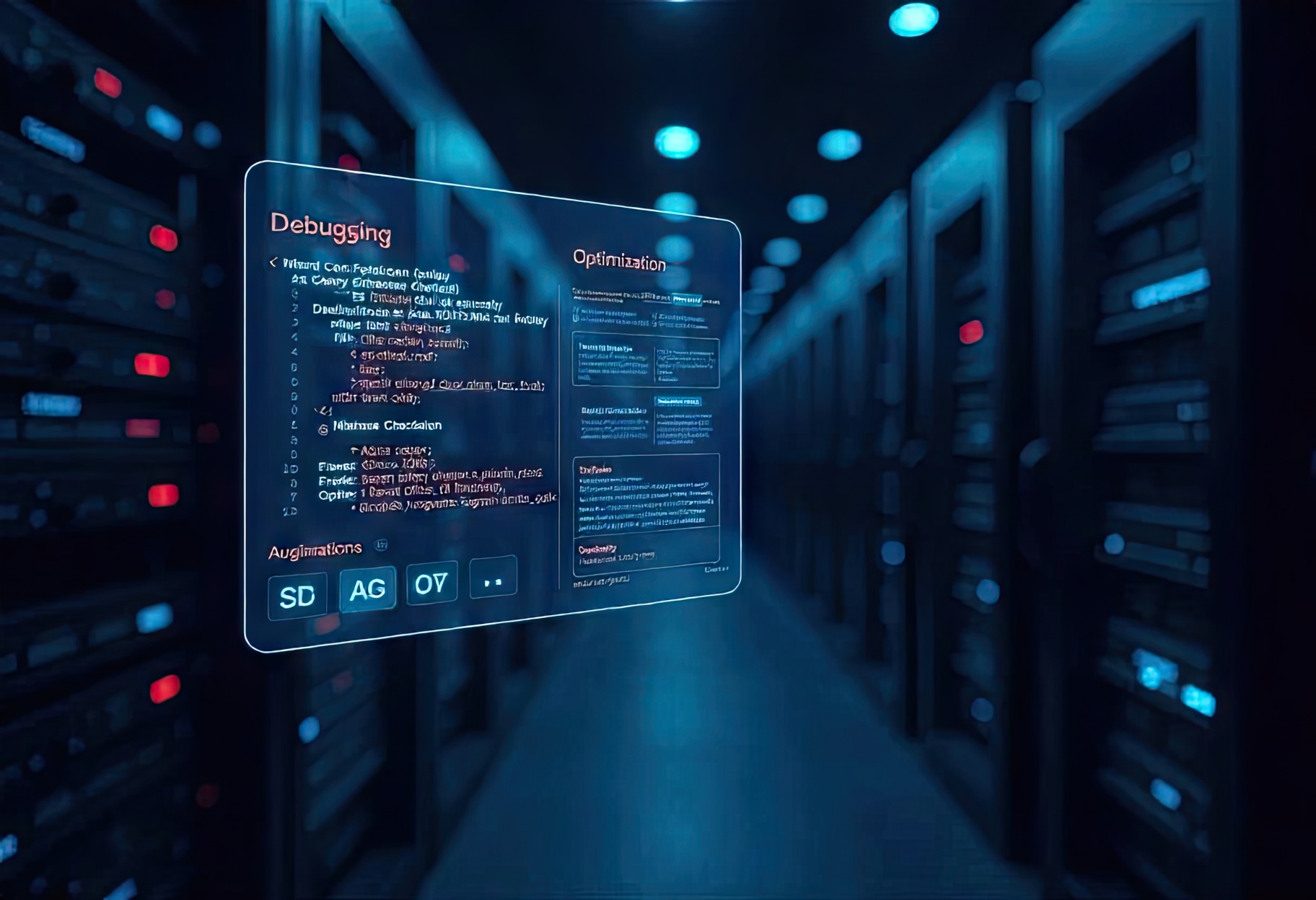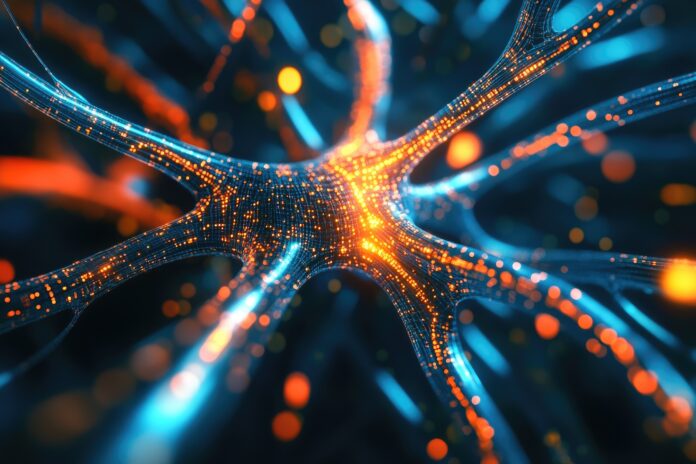The Rise of AI in Software Development
Software development has always been an iterative process filled with challenges such as debugging, optimization, and code maintenance. As projects grow in complexity, developers are increasingly turning to artificial intelligence (AI) to assist in writing, reviewing, and debugging code. AI-assisted coding is revolutionizing the way developers work by offering real-time recommendations, predicting potential bugs, and even autonomously fixing errors.
With tools like GitHub Copilot, DeepCode, Tabnine, and Amazon CodeWhisperer, developers can now leverage machine learning models trained on vast codebases to enhance productivity, reduce errors, and improve code quality. But how exactly is AI transforming debugging, and what does the future hold for AI-assisted coding? This article explores the impact of AI on debugging, its benefits, challenges, and the future of AI-driven software development.
How AI is Transforming Debugging
Debugging is one of the most time-consuming aspects of software development, often requiring developers to sift through thousands of lines of code to identify and fix errors. AI-assisted debugging changes the game by analyzing patterns, detecting anomalies, and suggesting fixes almost instantly.
1. Automated Bug Detection and Analysis
AI-powered tools can scan code in real-time, recognizing patterns that indicate potential errors before they cause problems.
- Static analysis tools like DeepCode and SonarQube use AI to detect vulnerabilities and logic flaws in code.
- AI-driven anomaly detection identifies irregular patterns that deviate from standard coding practices.
- Predictive bug detection leverages historical data to suggest where bugs might appear based on past trends.
- Automated debugging pipelines integrate AI-driven detection in CI/CD workflows, improving the stability of applications.
- AI-driven root cause analysis helps pinpoint the exact origin of errors, reducing debugging time significantly.

📖 Learn more about AI-powered bug detection: DeepCode
2. AI-Powered Code Suggestions and Auto-Completion
Modern AI coding assistants provide developers with intelligent code completions, reducing the need for manual typing and minimizing syntax errors.
- GitHub Copilot suggests whole lines or blocks of code based on context.
- Tabnine predicts code completions using deep learning models.
- AI-assisted refactoring helps improve readability and maintainability.
- Context-aware code recommendations tailor suggestions based on project-specific architecture.
- Multi-language support enables AI tools to assist with debugging across multiple programming languages.
📖 Explore AI-assisted coding tools: GitHub Copilot
3. Self-Healing Code and Automated Fixes
AI tools are increasingly capable of suggesting and even implementing bug fixes autonomously.
- Automated patch generation provides solutions to known vulnerabilities.
- Machine-learning-driven debugging suggests fixes based on past successful bug resolutions.
- Dynamic learning from user corrections enhances AI accuracy over time.
- AI-driven test case generation helps ensure that the suggested fixes do not introduce new issues.
- Automated rollback mechanisms allow AI to revert changes if a fix creates unintended side effects.
📖 Read about AI-driven debugging techniques: Amazon CodeWhisperer
Benefits of AI-Assisted Debugging
The integration of AI into debugging processes is yielding significant advantages, helping developers write cleaner, more secure, and efficient code.
1. Increased Developer Productivity
AI-assisted debugging reduces the time spent hunting for bugs, allowing developers to focus on building new features.
- Faster debugging cycles result in quicker releases.
- Automated fixes reduce the need for extensive manual testing.
- AI code reviews help teams maintain high-quality standards effortlessly.
- Reduced cognitive fatigue for developers by automating repetitive debugging tasks.
- Integration with DevOps pipelines ensures faster deployment with minimal errors.
2. Improved Code Quality and Security
AI-based tools continuously scan for vulnerabilities and optimize code to improve performance and security.
- Early detection of security flaws prevents costly breaches.
- Standardization of coding practices leads to cleaner and more maintainable code.
- AI-driven testing strategies ensure robust software performance.
- Compliance monitoring allows AI tools to check whether code adheres to security best practices.
- Real-time AI security scanning identifies threats and suggests security patches proactively.
3. Reducing Cognitive Load for Developers
By handling repetitive and tedious debugging tasks, AI allows developers to focus on more complex problem-solving and innovation.
- Less time spent on syntax and logic errors.
- More focus on architecture and algorithm design.
- Enhanced collaboration with AI acting as a coding assistant.
- AI-driven documentation support helps auto-generate explanations for code changes.
- Improved onboarding for new developers by providing AI-driven insights into code structure and patterns.
📖 Explore AI-powered software security: SonarQube
Challenges and Limitations of AI in Debugging
Despite its advantages, AI-assisted debugging still has limitations that developers need to consider.
1. False Positives and Incorrect Fixes
- AI tools may suggest fixes that are contextually incorrect, requiring human validation.
- Some false positives in bug detection can slow down workflows.
- AI models may not fully understand business logic or specific project requirements.
- Over-reliance on AI debugging could lead to knowledge gaps in manual debugging skills.
- Complex AI explanations may make it difficult for developers to understand suggested fixes.
2. Dependency on Training Data
- AI models are only as good as the data they are trained on.
- Bias in training datasets can lead to incorrect or outdated suggestions.
- Open-source and proprietary datasets may contain security vulnerabilities that AI might unknowingly recommend.
- Limited training on rare or new programming languages could reduce AI accuracy in niche applications.
📖 Read more about ethical AI development: OpenAI Ethics

The Future of AI-Assisted Debugging
As AI models continue to evolve, the role of AI in software development is set to expand, making debugging even more autonomous, efficient, and intelligent.
1. Advanced AI-Driven Testing and Debugging Frameworks
- AI will integrate with continuous integration/continuous deployment (CI/CD) pipelines to perform automated debugging at every stage.
- Self-improving models will learn from developer feedback, refining recommendations over time.
- Real-time AI debugging assistants will become standard in IDE environments.
- AI-driven behavioral analysis will help detect complex logical errors in applications.
📖 Stay updated on AI in development: DeepMind AI Research
Embracing AI for Smarter Debugging
AI-assisted debugging is revolutionizing software development by reducing debugging time, enhancing security, and improving code quality. While AI still requires human oversight, its capabilities continue to expand, paving the way for a new era of intelligent software engineering.
Key Takeaways:
- Automated bug detection, AI-assisted code completion, and self-healing code enhance developer productivity.
- AI-driven security scanning and compliance monitoring reduce vulnerabilities.
- Despite limitations, AI’s potential in debugging is growing with improved machine learning models.
With AI playing an increasingly vital role in debugging, testing, and code optimization, developers must embrace these advancements while maintaining human oversight and ethical responsibility. As AI continues to evolve, debugging will become faster, smarter, and more reliable.
🚀 How do you see AI changing debugging workflows? Let’s discuss!



